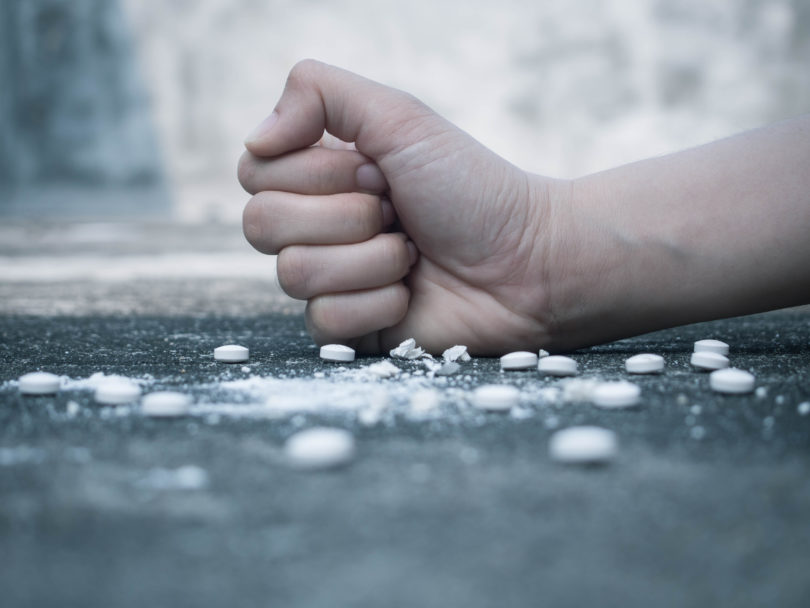A new Randomized Placebo-Controlled Trial just concluded some interesting things about CBD and how it could help with anxiety and depression related to opioid addiction.
Opioid addiction, especially in the states, is one of the worst addiction epidemics in history and the statistics are worrying with an average of 130 people dying daily from overdoses in the U,S, alone. Just over a year ago, President Trump launched an initiative to fight the opioid crisis in America. The White House published a report in March where they outlined that significant progress had been made to stop this epidemic and save lives.
That report noted, “The Trump Administration is working on expanding access to evidence-based addiction treatments in every State and to our Nation’s veterans.” However, CBD was not explicitly mentioned – basically for political reasons but also due to a lack of clinical trials and studies.
A very recent study, published in the American Journal of Psychiatry, just shed new light on the potential of CBD to assist with the opioid crisis. The study – headed up by Yasmin Hurd – looked at the effectiveness of using CBD to help with Opioid addiction. The study looked at how CBD could reduce “cue-induced craving and anxiety, two critical features of addiction that often contribute to relapse and continued drug use, in drug-abstinent individuals with heroin/opioid use disorder.”
GW epidiolex
Participants in the study were given Epidiolex. This is the first FDA-approved cannabis-based medication containing CBD. Participants were given either 400 mg or 800 mg of Epidiolex once a day for three days. They were then exposed to drug cues intended to stimulate responses to existing heroin addiction. The results were then gauged after the group was given CBD. The findings were interesting and compelling.
The results of the study were that “Acute CBD administration, in contrast to placebo, significantly reduced both craving and anxiety induced by the presentation of salient drug cues compared with neutral cues. CBD also showed significant protracted effects on these measures 7 days after the final short-term (3-day) CBD exposure.”
The conclusion of the study noted, “CBD’s potential to reduce cue-induced craving and anxiety” and recommended that further investigation of CBD should be carried out. Another interesting finding during the study was that CBD reduced the amount of cortisol in recovering heroin addicts. Cortisol is a stress hormone and is associated with addiction.
It seems to be that CBD is an untapped resource that’s only at its inception in terms of our understanding of its numerous health benefits. As the end to prohibition and the legalization of cannabis sweeps across North – whether medically or recreationally – more research can now be carried to determine the science behind this interesting herbal compound.
Hopefully more funding, time and effort will be directed towards the study of CBD, especially it’s potential, according to some people, to treat cancer and shrink tumors. A lot more research needs to be done, as well as looking at how CBD helps people with epilepsy and those with MS, Parkinson’s, and host of other diseases and conditions.
